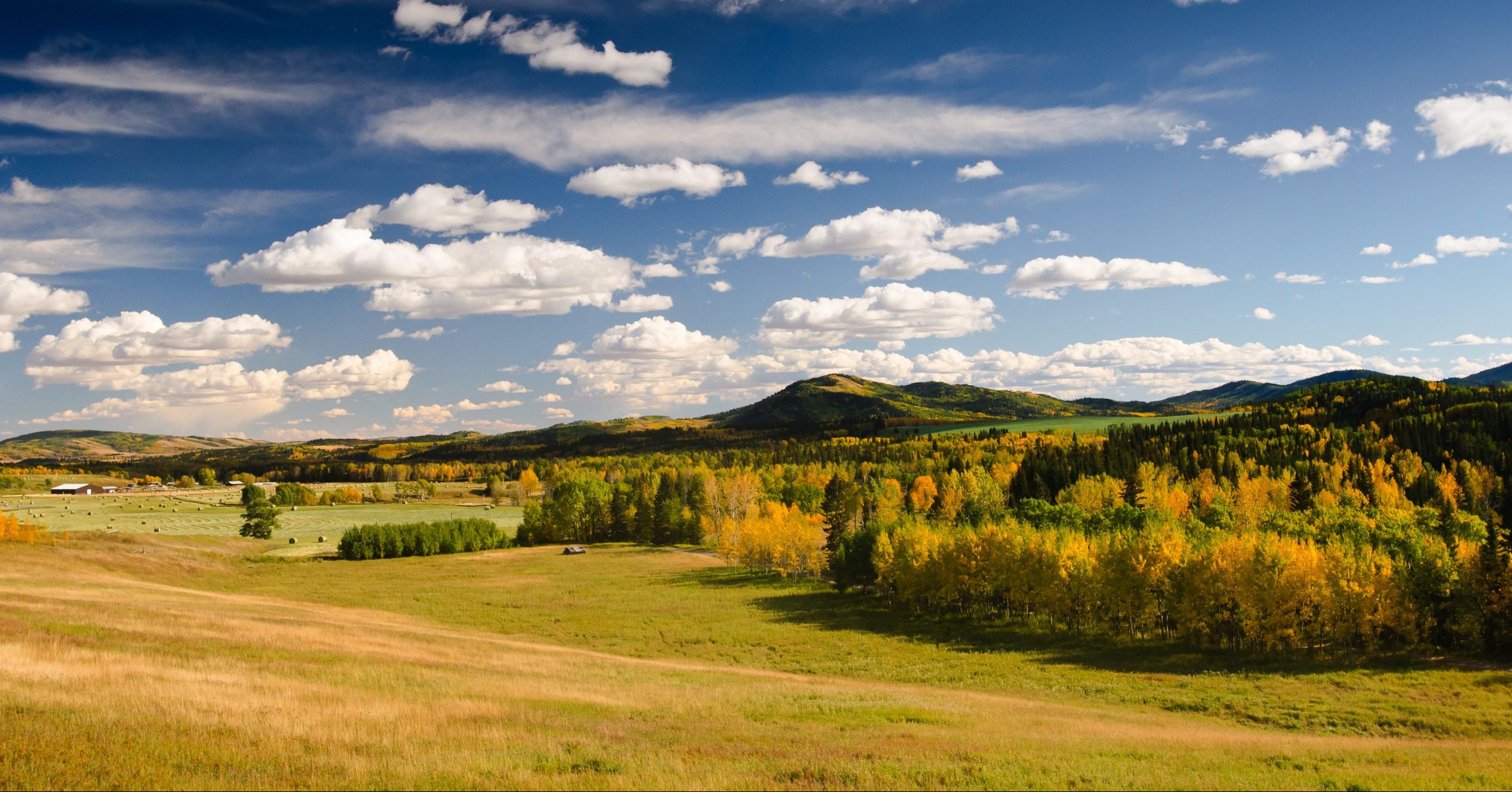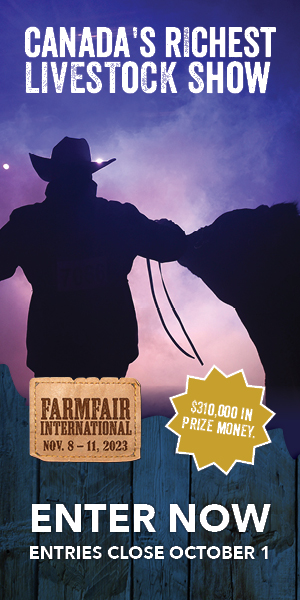AB Direct - Steers
Rail: ---
AB Direct - Heifers
Rail: ---
US Trade- Steers
Rail: 290.00 (IA)
US Trade - Heifers
Rail: 290.00 (IA)
Canadian Dollar
0.02

Preparing for winter on a cattle operation
We have been experiencing some beautiful fall weather lately, but by now I think most of us have also had a good frost or two (you know, the kind that kicks us into high gear scrambling to get all of the things we need to get done before winter, done?). Of course, the shorter days add to the pressure of making sure we get the most of our daylight hours.
As we prepare for the impending cold, here are a few things to keep in mind.
Veterinary product storage
You may be able to get away with storing certain animal health products in the barn or the shop during the summer, but take a good look at your inventory before it gets too cold — many products need to be kept from freezing! If animal health products freeze, it can affect their chemical composition, which can lead to altered withdrawal times and reduced efficacy.
Storing products according to label directions ensures that the products will work effectively when we need them, benefitting both your livestock and your pocketbook.
Chemical storage
Agricultural chemicals should be stored in a way that does not pose a risk to people, animals or the environment. If you have chemicals or fertilizer on-farm, ensure products are labeled clearly and stored according to directions, and specifically somewhere cattle or other livestock cannot access them. This includes crop protection products, but also products used for fly control and general weed and pest control around the farm. Potentially poisonous, corrosive, volatile, flammable or dangerous materials must be stored somewhere that is designed to prevent leaks and spills.
If you have any unwanted pesticides or expired livestock medications and are wondering what to do with them, the Cleanfarms program organizes free collection days each fall. They are focusing on central Alberta locations from October 25-29, 2021.
More information about collection sites and products accepted can be found on their website. Alternatively, talk to your chemical sales company about options they may have for chemical and container disposal.
Feed storage
Some of us will be placing calves on feed, which can involve bringing medicated feed products on site. If you are feeding a medicated feed product, ensure that you are storing it and feeding it in a way that only the intended animals will have access to the feed.
VBP+ certified producers must be able to demonstrate that they have feeding procedures defined and documented which prevent inadvertent feeding to non-designated animals. A current veterinary script for medicated feed products should also be kept if purchasing and feeding medicated feed products.
(NOTE: for VBP+ purposes, the term “medicated feed” refers to feed products with a designated withdrawal period and does not apply to products with a zero-day withdrawal, including ionphores such as monensin).
Plastic recycling
Plastic in various forms has become an economical way of optimizing feed storage and quality, including grain bags, bale wrap, twine and net wrap, silage tarp, etc. But what do we do with the used products?
Some options have evolved related to recycling agricultural plastics such as twine and grain bags, making it much easier and more environmentally friendly for producers to responsibly dispose of these products. There are many collection sites across the province, so make your way over to www.cleanfarms.ca to find the one closest to you and get details on what items they accept! They also have options for recycling rinsed plastic chemical jugs and totes.
Preparing for winter can be a big chore but it can pay off dividends if done correctly. In addition to the economic benefits of maintaining product efficacy, the proper storage of feed, chemicals and veterinary products can also improve on-farm food safety, animal care and environmental stewardship – three of the pillars of the VBP+ program.
What would you add to the list? Comment below with your top tips for winter prep.
Leave a Comment
Add abpdaily.com to your home screen
Tap the menu button next to the address bar or at the bottom of your browser.
Select ‘Install’ or ‘Add to Homescreen’ to stay connected.



Share this article on
About the Author
Melissa majored in Sustainable Agriculture at the University of Alberta and is currently the Alberta Provincial Coordinator for Verified Beef Production Plus. She has worked in various sectors of the beef industry including value chains, feedlot production, research, and online auction sales. In addition to her role with VBP+, Melissa raises beef cattle alongside her husband and children.